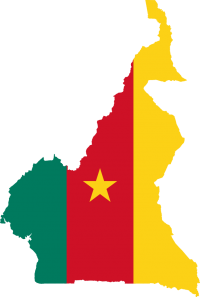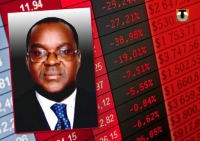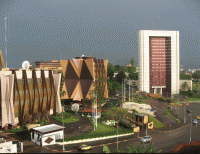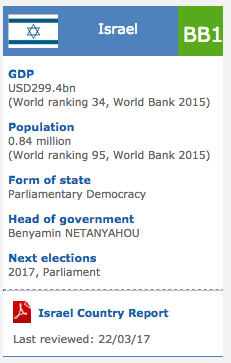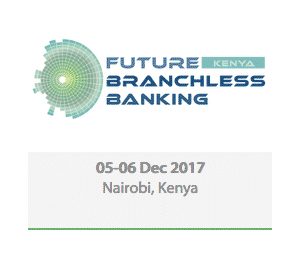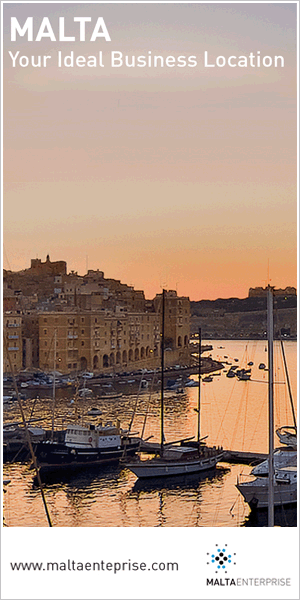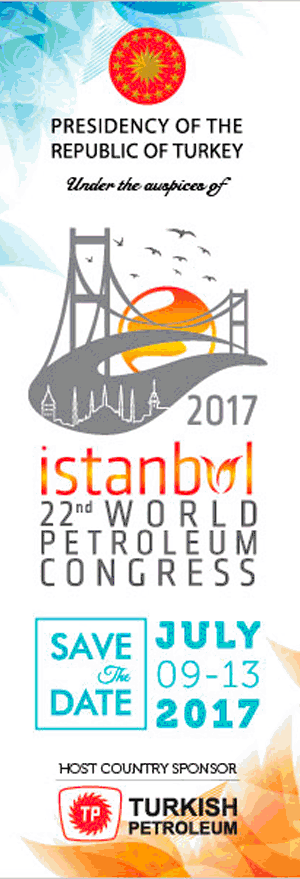General Information
|
|
GDP |
USD29.198bn (World ranking 98, World Bank 2015) |
|
Population |
23.344 million (World ranking 54, World Bank 2015) |
|
Form of state |
Multiparty Presidential Republic |
|
Head of government |
Paul BIYA |
|
Next elections |
Presidential October 2018, legislative September 2018 |
Country Rating C3
|
Strengths
-
A degree of political stability has been recorded under the lengthy rule of the current leadership, although this may mask some infringements on liberties.
-
Relatively good relations with donors and IFIs.
-
Membership of the CFA franc zone provides a relatively stable background of monetary policy .It also reduces exchange rate and transfer risk to a lareg extent.
-
An ever more diversified export basket has boosted economic resilience.
|
Weaknesses
-
Underdeveloped infrastructure and lack of decentralization limit service provision.
-
Cameroon’s business environment ranks among the worst in the world.
-
Relations with Nigeria and the Economic Community of Central African states remain uneasy due to border and trade disputes.
-
President Biya’s health has been a concern and there are associated uncertainties over succession.
-
Increased risk of social unrest because of rising public frustration with perceptions of weak improvement in living standards.
|
Economic Overview
Increase is steady
Cameroon’s long-term rate of economic increase has been below the African average. From presently on additional diversification in the non-oil sector enabled steadier increase than in other oil exporting nations such as
Nigeria or
Angola. This is primarily driven by the construction sector, but as well by the agriculture and forestry sector, which presently forms a significant component of
Cameroon’s exporting basket. The two major agriculture sub-sectors, cocoa and coffee, are recipients of national support meant to increase production. EH expects GDP increase to reach +5% in 2016 and 2017.
Cameroon’s business environment needs to improve for performance to rise above current levels. The country is ranked 172 out of 189 nations in the 2016 Doing Business ranking. Its record on property registration and arrangement enforcement is poor.
Current Account, Deficit, and Liquidity
The non-oil sectors are boosted by large public investment programmes such as transport networks, water supply, dams and electrification. These are half driven by inward investment necessitating capital goods and other imports. This results in a current account deficit, forecasted at -5% in 2016 and -3.5% in 2017.
Cameroon has a structural twin deficit, which half relies on Foreign Direct Investment (FDI) which accounts for 30.8% of the current account deficit and long-term borrowing.
Cameroon’s membership in the Economic and Monetary Community of Central
Africa, a currency union with a single central bank, allows it an additional degree of support at the same time as it comes to external liquidity. The country may require help to counter fiscal deficits, projected to reach -5.5% (2016) and -5% (2017), which are exacerbated by continued fuel and consumer subsidies.
Cameroon’s import cover remains comfortable at 8 months in 2016, but liquidity issues could arise if FDI dries up. Though the country has benefitted from strong FDI flows from
Asia - the Sino-Cameroonian agriculture initiative Inko is an example - it will have to improve its business environment. This is crucial to attract increasingly risk adverse investors.
Political Uncertaitity
President Paul Biya, aged 83, has ruled
Cameroon since 1982. Elite infighting over succession may take place, as
Cameroon’s institutions are intertwined with the president himself and patrimonial networks. Regional geo-politics as well pose substantial risks to the economy.
Cameroon views the ratification of an economic partnership agreement with
Europe – its major destination for exports – as vital. From presently on other nations in the Economic Community of Central African States, the region’s customs union, deem it as a hindrance to the development of local industry. The continued threat by the terrorist group Boko Haram in northern
Cameroon is weighing on the agriculture and tourism sectors.


